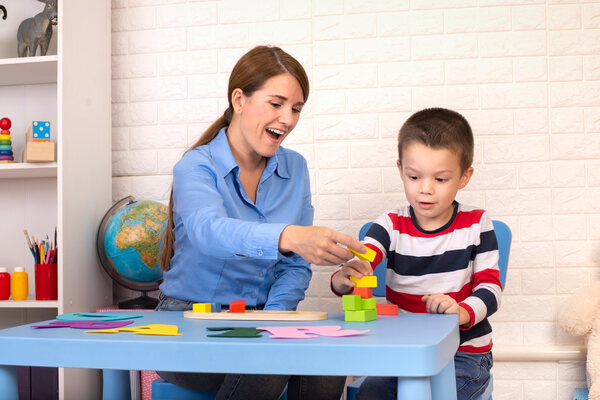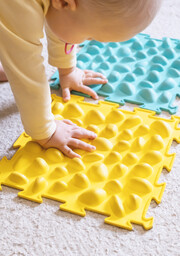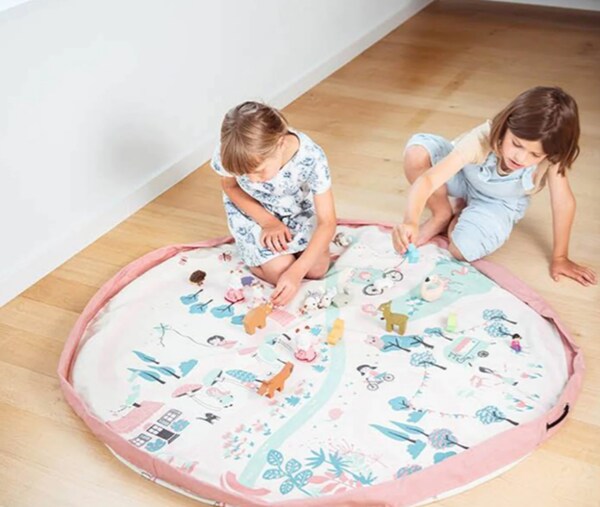Tips to Help Your Child Transition from Kindergarten to School
As your preschooler finishes their time in kindergarten and ventures off to ‘big school,’ there is bound be apprehension for any young child. Their new adventure will at the very least bring at least a bit of apprehension when starting all over again in a new environment with new faces, places, and activities.
The moment can also be met with a mixture of emotions for both you and your child. While there’s no need to buy their elementary graduation cap and gown sets just yet, there may still be a touch of sadness at how fast they are growing up. Some may embrace this new step with a sense of eagerness and enthusiasm, others, however, may feel overwhelmed at the prospect.
To make their first days easier, we have outlined some helpful tips to ease the anxiety and ensure the transition from kindergarten to elementary school is as smooth and as seamless as possible for your little one.
Engage Practically With Your Child
Take some time to sit with your child, allowing them to express their thoughts and feelings about starting school. In addition to talking together, you can engage your child in this process through imaginative activities such as storytelling where they describe their first day at school or act it out with the help of some toys.
This can help your child to unburden any worries or concerns they may have and allow you to address these beforehand. By continuing to communicate in this way as your child begins school, you can offer them the reassurance and support they may need to get over any initial nerves and settle into their new routine.
Practice Makes Perfect
While kindergarten is often only for a few hours a week, starting elementary school will likely be the beginning of a new, and longer schedule. This can be difficult for any child to adapt to, so it is helpful to ease them into this.
Encourage them to wake up and dress themselves in time, by gradually shifting their bedtimes and wake-up times over the summer to align with the school schedule. You can also help them adjust to a more structured school environment by practicing scheduled activities at home such as an allocated play time, reading time, meal time, and quiet time.
It is also beneficial to familiarize your child with their daily journey to and from school by practicing the school run together. Whether this is by car or by foot, doing so can help them become comfortable with their routine and make their school run a more positive and enjoyable experience.
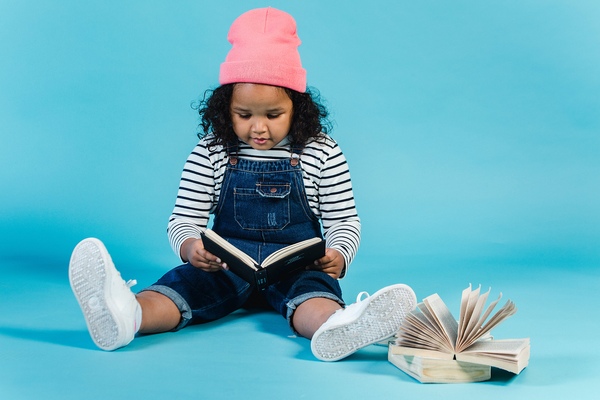
Create Excitement
Help your young one get excited about their big day by drawing their attention to the positive aspects such as learning new things, taking part in different activities, and making new friends. You can also share happy stories about your own experiences at elementary school and encourage any younger siblings to join in and do the same.
Whether it’s a brand new lunch box, pencil case or backpack, shopping for school supplies together can also generate excitement in your child as they look forward to putting these things to good use.
By following these suggestions, you can help your child feel ready and relaxed as they take their first steps into elementary school.

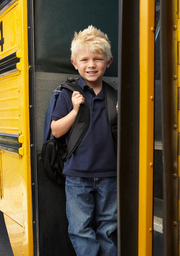

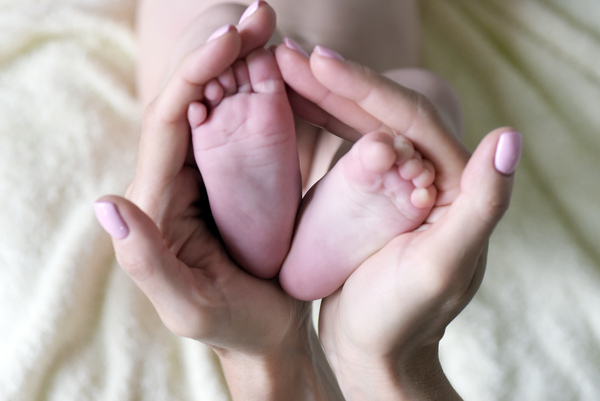
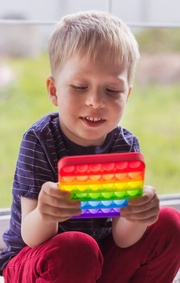
 Again, whether you’re a teacher or a parent, you understand how important preschool is. It’s a critical stage for acquiring language development, problem-solving, emotional regulation, and other fundamental skills. The problem is that with ADHD, these developmental milestones may become more challenging to achieve. What can you do if that’s the case? Utilize tools that can assist children as they develop during their preschool years, like the
Again, whether you’re a teacher or a parent, you understand how important preschool is. It’s a critical stage for acquiring language development, problem-solving, emotional regulation, and other fundamental skills. The problem is that with ADHD, these developmental milestones may become more challenging to achieve. What can you do if that’s the case? Utilize tools that can assist children as they develop during their preschool years, like the 